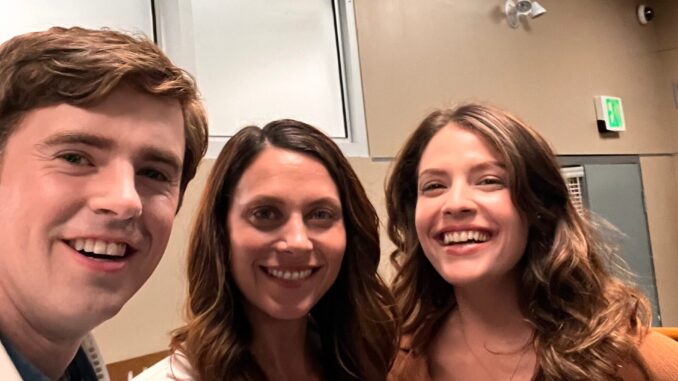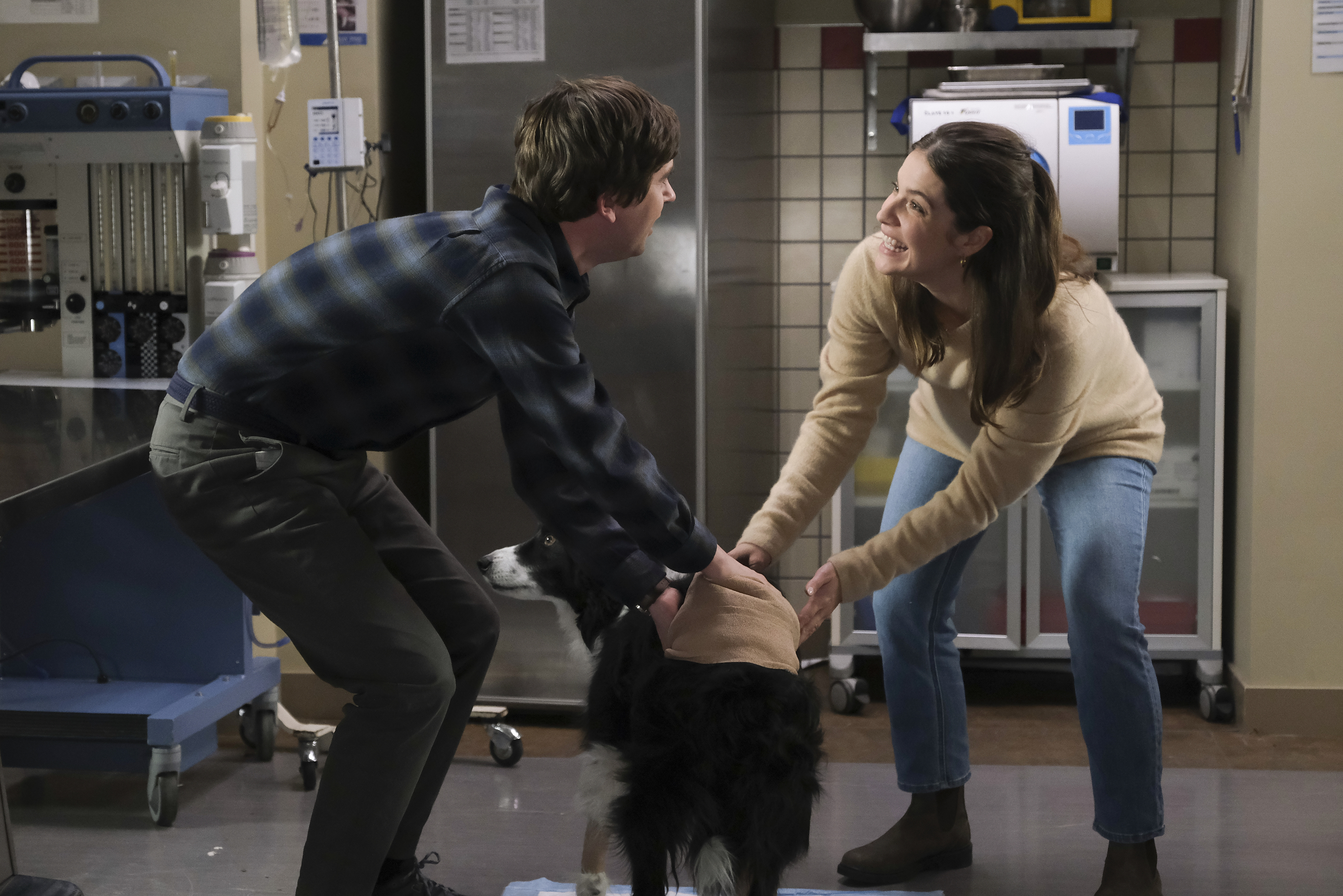
Few medical dramas in recent years have touched audiences around the world as deeply as The Good Doctor. Based on the South Korean series of the same name, this American adaptation, which premiered in 2017, quickly captured the hearts of viewers not just because of its medical cases but because of the emotional journey at its core. The series is more than just another hospital drama—it is a story about resilience, compassion, and the courage to embrace differences.
At the center of the show is Dr. Shaun Murphy, played brilliantly by Freddie Highmore. Shaun is a young surgical resident with autism and savant syndrome, which gives him extraordinary memory and medical skills, but also makes it difficult for him to connect with people in conventional ways. His journey from a small-town life filled with trauma to becoming a surgeon at the prestigious San Jose St. Bonaventure Hospital is one filled with obstacles. Yet, Shaun’s determination, intelligence, and honesty consistently prove that he is much more than the limitations others may see in him.
The show does not shy away from the challenges Shaun faces. He struggles with communication, with social cues, and with understanding emotions. However, this is also where the series shines—it reveals not only Shaun’s challenges but also his incredible growth. Through his journey, we see that intelligence is not only measured by logic but also by empathy, persistence, and the willingness to learn. Freddie Highmore’s nuanced portrayal allows audiences to step into Shaun’s world and understand the struggles faced by many on the autism spectrum.
Another highlight of the series is the evolving relationship between Shaun and Lea Dilallo, played by Paige Spara. What begins as a friendship develops into one of the most heartfelt love stories in modern television. Lea supports Shaun in ways that are both gentle and empowering, and together they navigate the ups and downs of love, trust, and eventually parenthood. Their storyline adds warmth to the show, balancing the intense medical cases with intimate human connections.
The supporting cast is equally compelling. From Dr. Aaron Glassman (Richard Schiff), who serves as a mentor and father figure to Shaun, to colleagues like Dr. Claire Browne, Dr. Morgan Reznick, and Dr. Alex Park, every character brings a unique perspective to the story. Their interactions with Shaun reveal their own growth, as they learn to appreciate his talents and see beyond their initial biases.
One of the show’s strongest elements is its ability to blend medical drama with social commentary. Each episode features challenging surgical cases, moral dilemmas, and ethical questions that go beyond the operating room. Whether it’s about giving patients hope, fighting for what’s right, or confronting personal demons, The Good Doctor consistently makes viewers reflect on what it means to be human.
Beyond the medical cases, the series has a larger message: inclusion and acceptance. By placing a protagonist with autism at the center of the story, the show challenges stereotypes and broadens the conversation about diversity in professional fields. Shaun is not defined by his condition—he is defined by his perseverance, compassion, and humanity.
Over the years, The Good Doctor has delivered some of the most emotional and unforgettable moments on television. From Shaun’s struggles to prove himself, to heartbreaking losses, to the joy of becoming a husband and father, the series has taken audiences on a journey that feels raw and real. These storylines resonate because they reflect the universal struggles we all face: love, grief, acceptance, and the search for belonging.
What makes The Good Doctor timeless is its ability to inspire hope. It reminds us that no matter the odds, people can overcome challenges when they are believed in and when they believe in themselves. Shaun Murphy’s story is one of courage and determination, and through him, the series has sparked conversations about empathy and inclusion that extend far beyond television.

